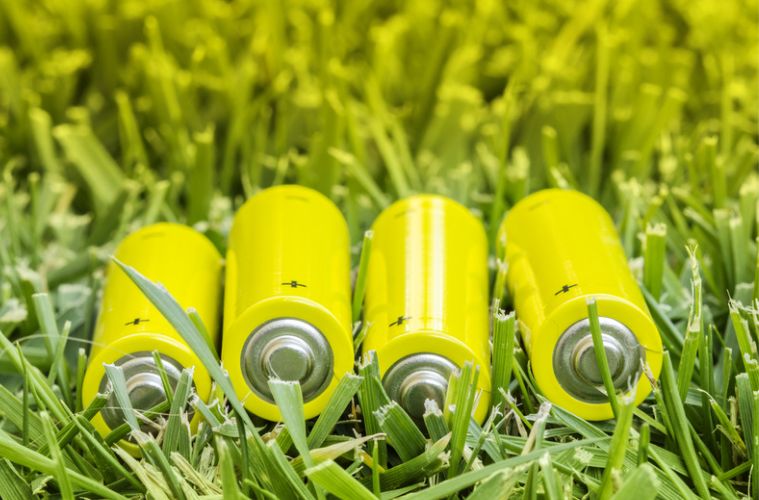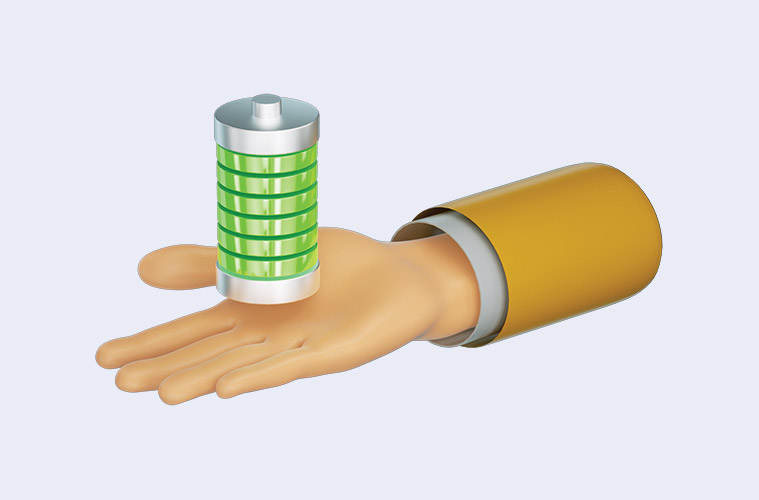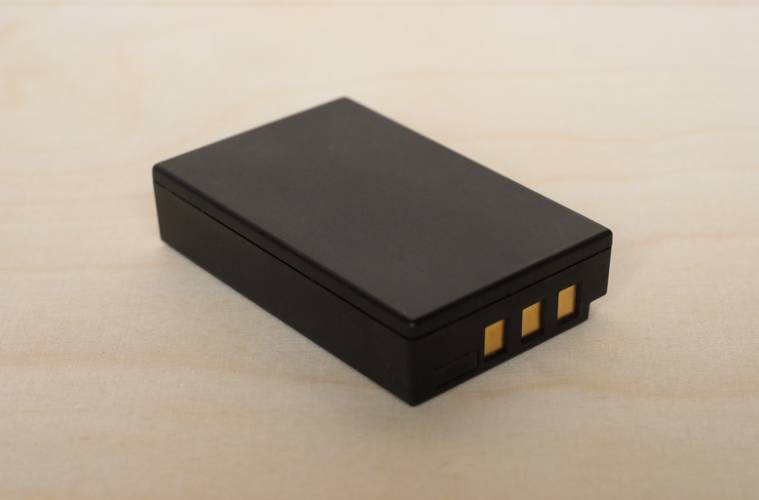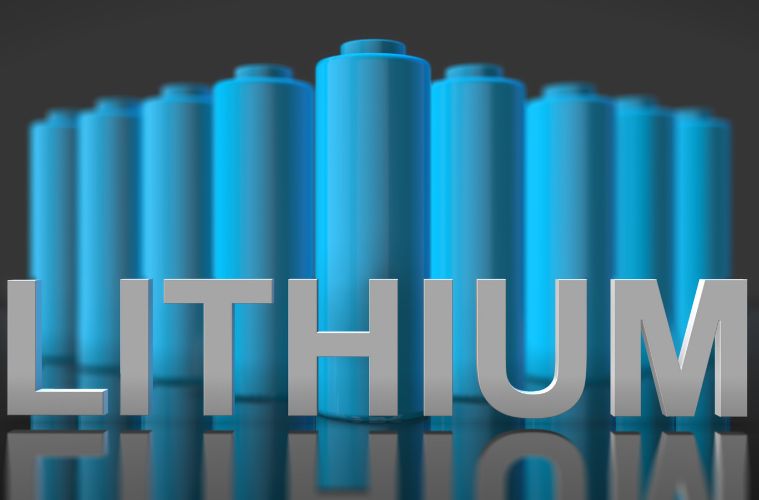
Discarding of the primary Alkaline batteries has become a global threat to the environment. These batteries are used in common households for remotes, toys, etc., whose users are not aware of the proper disposing methodology for their recycling. Around 97% of these batteries are not recycled and end up getting dumped in the uncategorized roadside bins and trash areas where the toxic materials inside them like Nickle, Mercury, Cadmium and Lithium are likely to get leak into soil, causing hazards for plants’ growth and survival.
What makes a Battery edible for plants
Alongside the toxic materials, Alkaline batteries also contain important micronutrients for plant nutrition like Zinc and Manganese, which combinedly make around 50% of its weight. Zinc helps in production of Chlorophyll in plants which enable them to convert Sunlight and Carbon-dioxide into water and energy respectively. Manganese helps in activating the essential enzymes in plants to carry out their metabolic activities. These Micronutrients get lost if the battery is discharged or recycled. Recycling involves extraction the metals inside the battery by melting them with extreme heat, which collaterally burns these useful micronutrients rendering them useless.
Extraction of micronutrients from Battery
Two recycling companies, which are Tracegrow from Finland and Envirostream from Australia, have engineered methods to extract these micronutrients to be used as soil fertilizers. The methodology typically starts by crushing the batteries and thereafter the micronutrients are extracted through various filtration and purification steps to separate the toxic elements like Nickel, Cadmium, Lithium and Mercury. Rigorous testing of the extracted micronutrients are carried out to ensure that the toxic materials in it are much below the permissible limit. Thereafter the toxic materials are sent to Hazardous Waste treatment facilities for safe disposal.
The Need
The world needs solutions to minimize the environmental pollution arising from large scale improper disposal of Alkaline batteries. The conversion of the soil friendly components inside single-use Alkaline batteries into fertilizers after disposal is of global interest. This will reduce environmental pollution and utilize the otherwise wasted micronutrients. These fertilizers are used in common plants like Avocado, Tomatoes and Cotton with good results as stated by Tracegrow.




